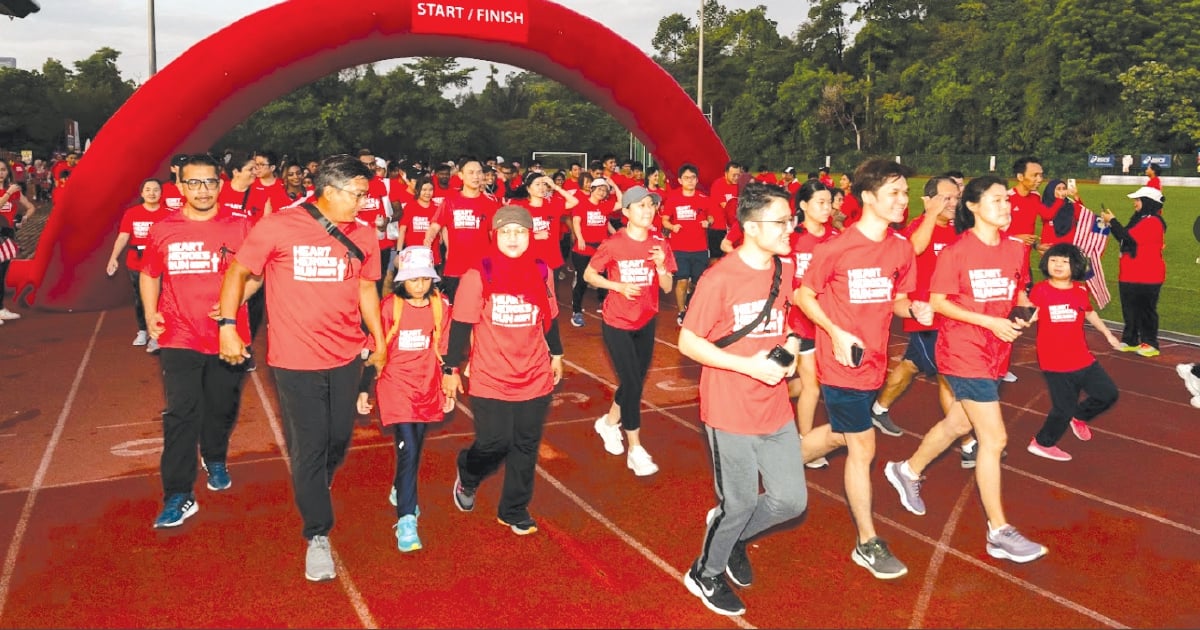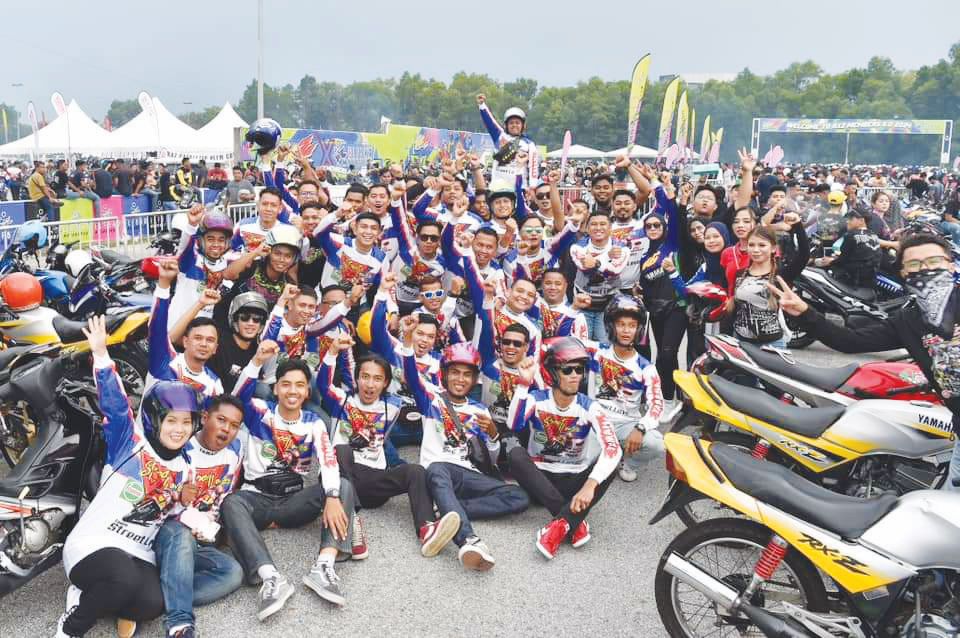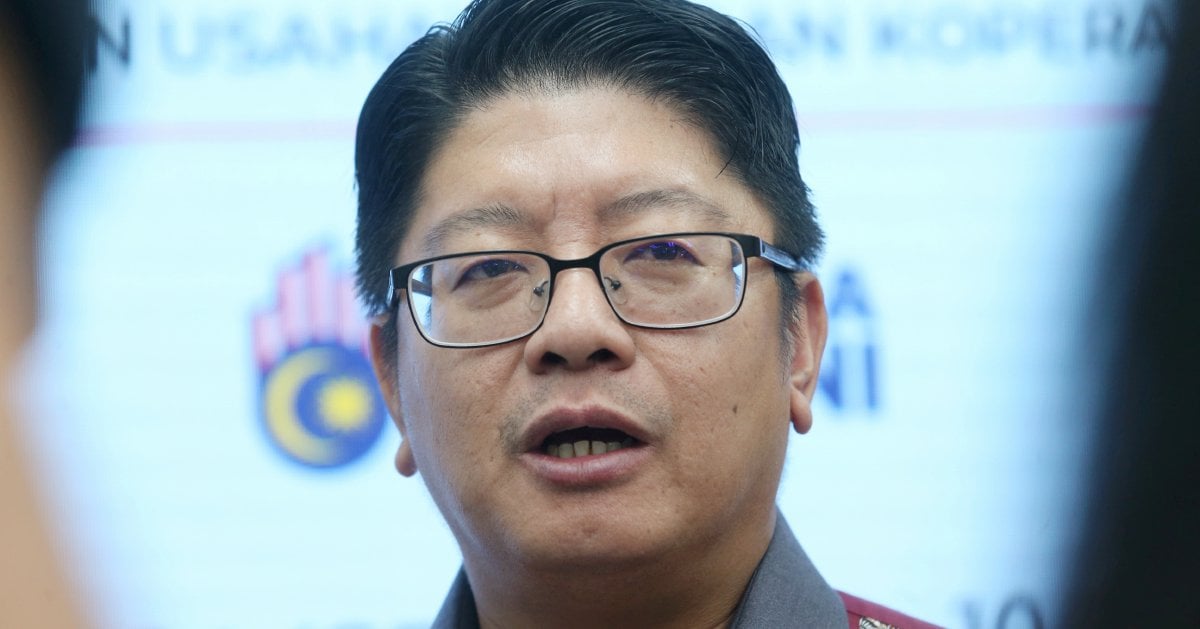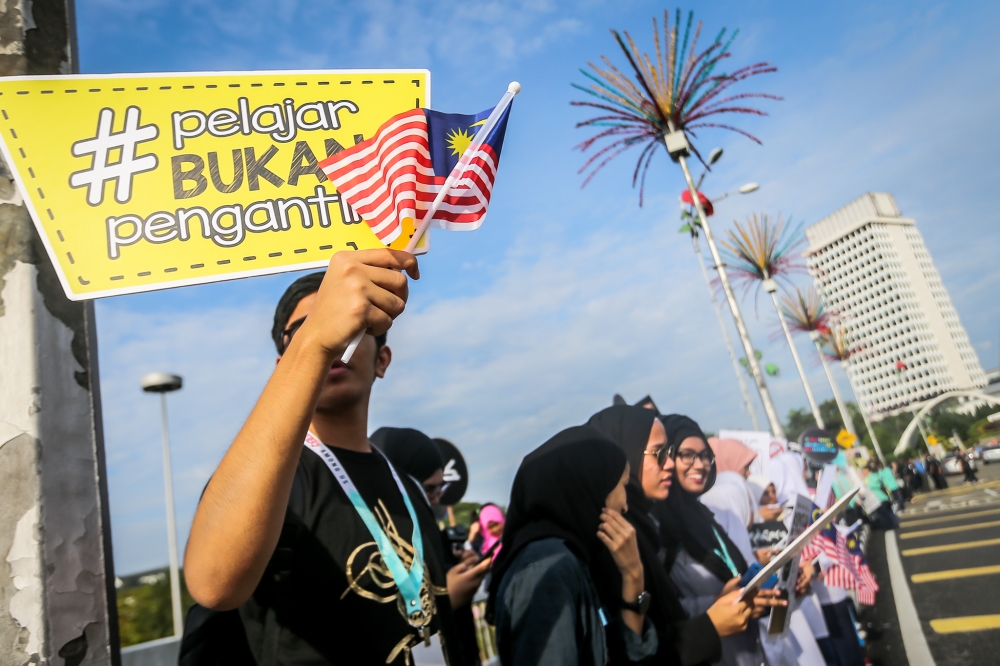
A file photograph showing demonstrators calling for the end of child marriages outside Parliament House in Kuala Lumpur on November 13, 2018. — Picture by Hari Anggara
SEPTEMBER 1 — As a UN International Civil servant, reassignments are part of the package. It has been three months since I relocated to this beautiful country, to start a new assignment as the United Nations Population Fund (UNFPA) Representative for Malaysia and Country Director for the Kingdom of Thailand. In my almost thirty-year career with UNFPA over seven duty stations, being assigned to Southeast Asia for the first time has been exciting and humbling. Already it has been quite the experience learning about Malaysia’s diverse culture, history and development – particularly in the context of understanding the nation’s progress in advancing the sexual and reproductive health and rights of its people across the decades.
As Malaysia celebrates its 67th Independence Day this month, allow me to also join in celebrating the nation’s progress with respect to the protection and wellbeing of its people, especially its women. Significant progress has been made in dramatically reducing preventable maternal deaths and childhood illnesses, expanding contraceptive choices and family planning services, and accelerating the participation of women in public life and their contribution to the country’s economic growth. In addition, there has been considerable emphasis on upholding the rights and well-being of women, especially through the recent enactment of landmark laws such as the Anti-Sexual Harassment Act and the Anti-Stalking Bill.
On my first trip on the MRT recently, it was also encouraging to see the measures the Ministry of Transport has been actively taking to ensure women’s safety and well-being on the train, from providing specific women’s carriages to disseminating public announcements encouraging individuals experiencing harassment to come forward for immediate assistance. And while these measures reflect the commendable commitment of the government to protecting women’s safety, it is also an indication of the work we still have to do to foster environments where everyone can feel safe, no matter who or where they are.
My arrival in Malaysia coincided with the Malaysian delegation’s Convention on the Elimination of All Forms of Discrimination against Women (CEDAW) hearing in Geneva. I remain impressed by the fact that Malaysia sent for the very first time a Minister-led high-level delegation to this event, headed by the Minister of Women, Family and Community Development, Dato’ Sri Nancy Shukri. This, alongside Malaysia’s timely submission of all relevant CEDAW reports and documents, signaled the country’s strong commitment to advancing the rights of women and girls on these shores. It is an achievement to be proud of, and I applaud the Malaysian government and all involved civil society stakeholders for their extraordinary dedication, diligent preparation, and critical contributions at CEDAW.
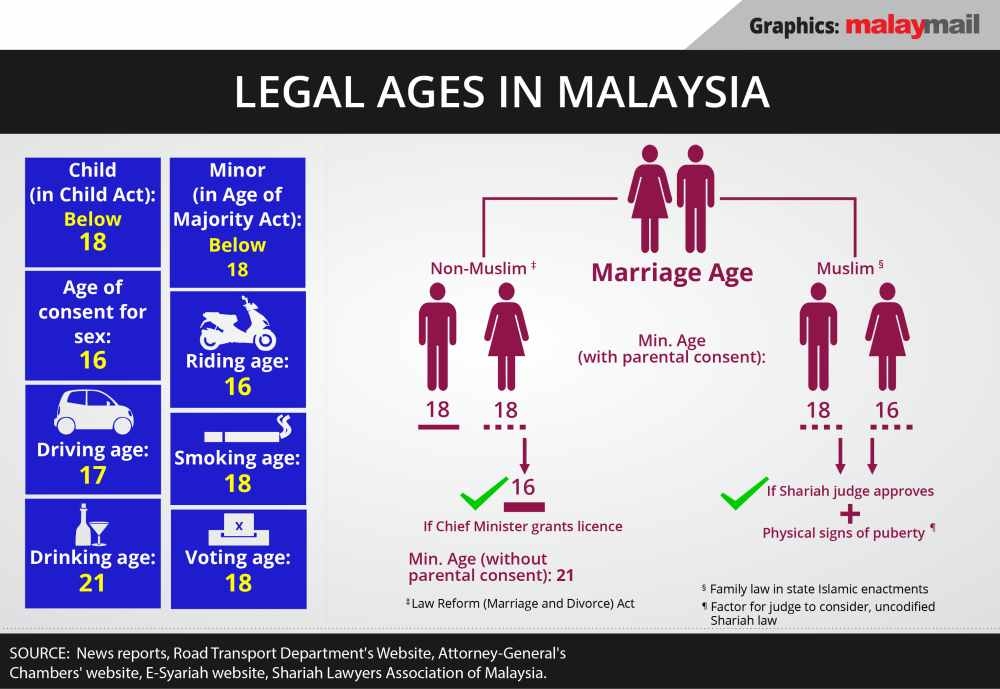
Building on the concluding observations and recommendations by the CEDAW Committee, UNFPA Malaysia stands ready to support the Malaysian government in every way we can to ensure the health and dignity of women and girls continue to be safeguarded. The UNFPA team looks forward to working together on key recommendations highlighted by the Committee such as:
- Raising further awareness of the dangers of gender-based violence and strengthening survivor support systems and access to justice;
- Ensuring inclusive access to sexual and reproductive health services to all, regardless of ethnicity, disability or nationality;
- The further compilation and expansion of gender-disaggregated data to inform gender-sensitised policy;
- The adoption of the Care Economy and the strengthening of care infrastructures in light of Malaysia’s existing ‘care gap’ and rapidly ageing population;
- Standardising the legal age of marriage across all States to eighteen (18) years with the recognition that child marriage is a serious impediment to the health and rights, autonomy, and wellbeing of girls; and
- Accelerating the adoption of the Anti-Discrimination Against Women Bill.
The eventual success of all the above hinges on the undertaking of a well-coordinated, all-of-society, and multi-agency approach. Eliminating discrimination against women is a cross-cutting endeavour – something the Ministry of Women, Family and Community Development cannot do alone. For example, the Ministry of Home Affairs plays a key role in ensuring police officers are gender-sensitised, and that the Sexual, Women, and Child Investigations Division (D11) is adequately equipped to navigate the constantly evolving nature of sexual crimes. The Ministry of Economy also plays an integral role in setting up the investment framework for the Care Economy in Malaysia, while the Department of Islamic Development Malaysia (Jakim) is a critical role player, and would provide invaluable advice on critical issues such as child marriage.
These are only a few examples, but they illustrate the breadth and complexity of the work, as well as the variety of stakeholders required to end discrimination against women across all fronts. Collaboration is key moving forward, and we all must play a part. Within the UN family in Malaysia, through the Gender Results Group which I convene, we are doing our part to strengthen our coordination and efforts.
There is much still for me to learn as I settle into my new role as UNFPA Representative here in Malaysia, and I am embracing this amazing opportunity with humility and inspiration. I am excited to engage with the breadth of stakeholders on the ground, from the public to the private sector, and members of Malaysia’s vibrant civil society ecosystem. I look forward to the prospect of lively dialogue with all concerned parties, and the opportunity to share knowledge and technical expertise wherever I can. The journey for the advancement and equality of women is a journey that we all as a global community must share. On that note, I also look forward to engaging the Malaysian community with conversations at the UN Summit of the Future in late September this year, as the world works on forging a new international consensus on how we deliver a better present while safeguarding the future.
Towards ensuring rights and choices for all, my colleagues and I at UNFPA Malaysia remain ever ready to assist. From all of us at UNFPA Malaysia, we send heartfelt best wishes to Malaysia and all Malaysians for an inspiring and memorable 67th Merdeka celebration.
* The United Nation Population Fund (UNFPA) is the United Nations Sexual and Reproductive Health Agency. Its mission is to deliver a world where every pregnancy is wanted, every childbirth is safe and every young person’s potential is fulfilled. More information on UNFPA is available here.
**Julitta Onabanjo is the UNFPA Country Representative for Malaysia and Country Director for Thailand.
*** This is the personal opinion of the writer or publication and does not necessarily represent the views of Malay Mail.



